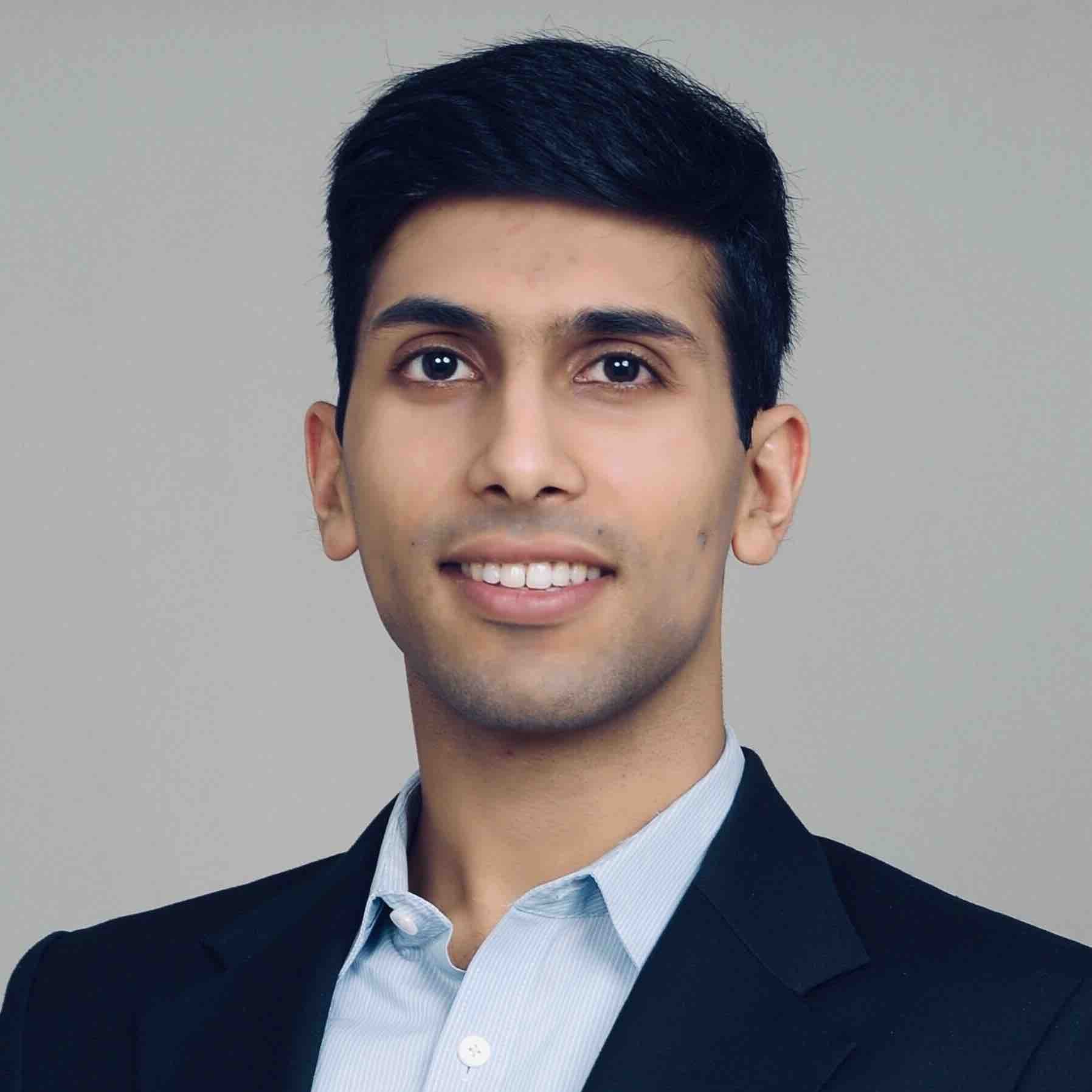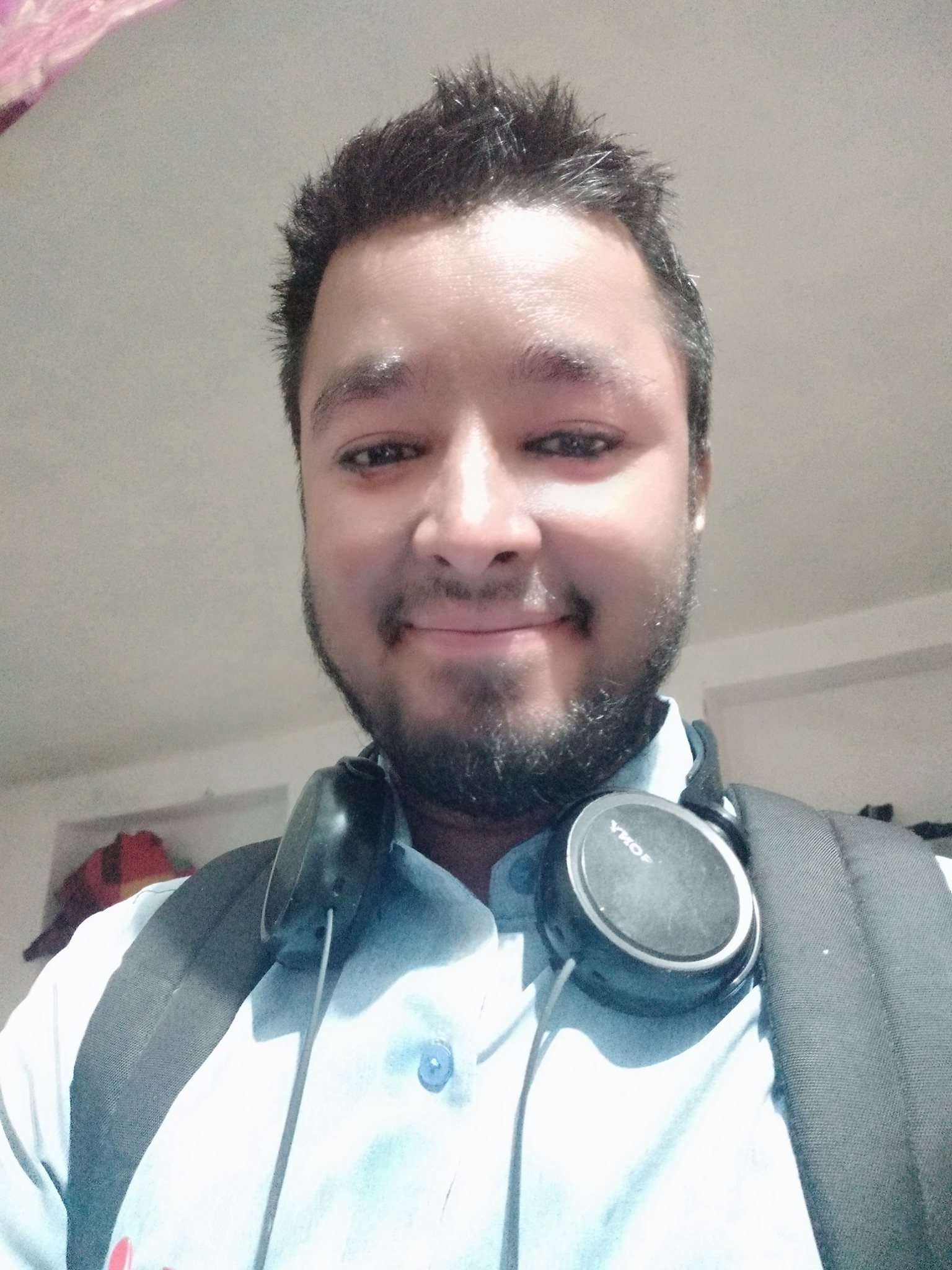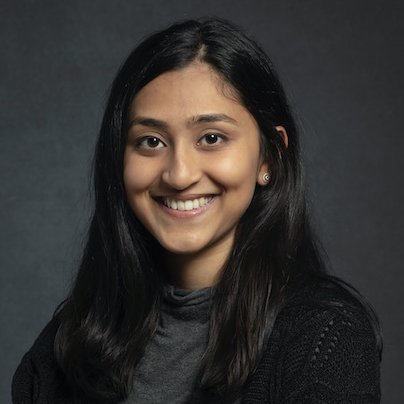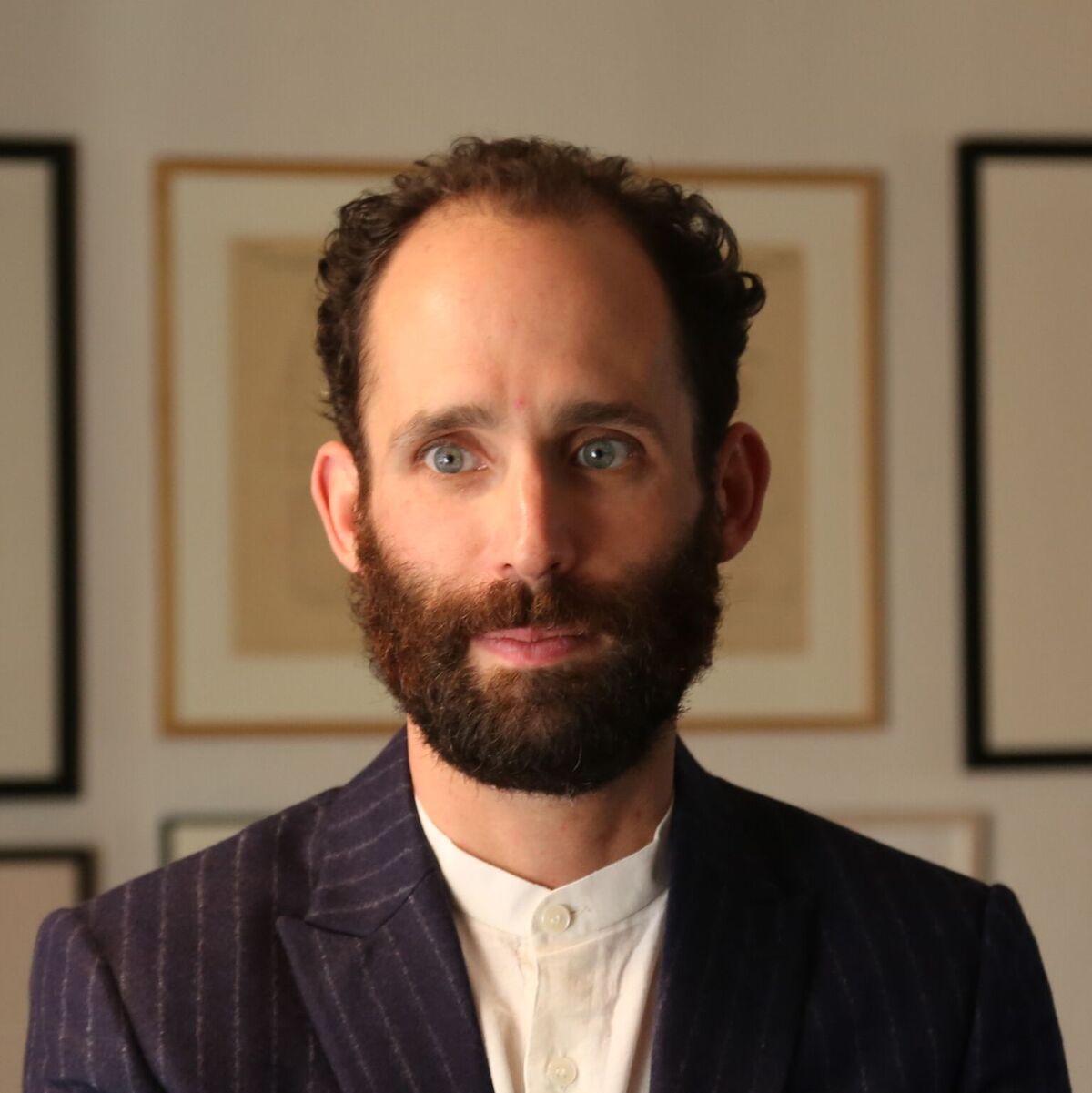FAQ's
About Us:
Why focus on the next pandemic when we are in the middle of a current one?
We are learning lessons now to manage the next one better and, even more so, to try to avoid another one. This is the best time and opportunity to create global insights and shared learning. We expect some efforts to provide insights of value for the current COVID-19 crisis. However, if we do not widen our horizon beyond the current pandemic, we are bound to repeat the cycle of panic and neglect that has been detrimental to the sustainable improvement of our collective ability to identify, respond to and recover from health emergencies.
Why the focus on data and analytics?
As a result of the COVID-19 pandemic, organisations, institutions and the public have more global health data (and data beyond health) than ever at their disposal. But actually deriving meaningful insights from that data—and converting knowledge into action—is easier said than done. At The Trinity Challenge, we aim to promote integration of data, steering clear of incomplete and siloed information, and encourage novel analytics technology to derive evidence-based knowledge. Through better system-level preparedness agnostic of pathogens, with more rapid access to complete information and resilient analytics systems, we believe the world would more resiliently face future health emergencies.
The Challenge:
Why should I apply to join The Trinity Challenge?
Your work for the public good might benefit in three key areas from joining The Trinity Challenge:
Public recognition In line with our aspiration to further the public good through data & analytics. We will promote any relevant contribution to The Trinity Challenge - potentially including you and your work – with an ongoing and extensive outreach through our own communication channels as well as our Members’ public and social media.
Unparalleled support by global leaders from the private, academics and public sectors. Core asset and distinguishing factor of The Trinity Challenge is the commitment of our Members, leading institutions in their respective fields, to support promising applications for The Trinity Challenge with the resources required to make a positive and lasting impact for the public good.
Significant awards. We will award the best contributions to the first round of The Trinity Challenge with prizes from a pool of up to £10M. Selection of winners and distribution of prizes from that pool will happen at the discretion of an independent panel of judges representing various disciplines and backgrounds, through a quality-controlled, fair and transparent process.
How can we partner with Founding Members and Members of The Trinity Challenge?
At this stage, requests for collaboration with Members of The Trinity Challenge have closed.
If you have submitted a request for collaboration prior to January 15, The Trinity Challenge has worked to match your application with our network of Members. Please note that some of our Members are still reviewing applications.
If a Member expressed interest in exploring a collaboration with an applicant, The Trinity Challenge Secretariat will have reached out to you to set up a discussion.
Please note that if you have not been contacted for collaboration with a Member, this does not disqualify your application. You are still able to submit your solution to our Challenge as an Individual submission.
In your application, you will be able to specify whether you are collaborating with one or multiple Members of The Trinity Challenge. You can also specify additional Members you would like to collaborate with if you are selected as a winner of The Trinity Challenge.
What is the status of my request for collaboration?
If you have submitted a request for collaboration prior to January 15th, your application has already been shared with Members of The Trinity Challenge. As soon as a Member expresses interest to connect with an applicant, The Trinity Challenge Secretariat will facilitate an introductory meeting to discuss potential support from the Member.
If you have not heard from The Trinity Challenge with respect to your request for collaboration, then we have unfortunately not (yet) received interest from a Member to support your application. You are still eligible to apply for consideration for the prize, by submitting an Individual application.
Why have I not received feedback from the Member organization I have specified?
The Trinity Challenge will only contact applicants in case a Member has expressed interest in collaborating.
Is there an opportunity for Challenge applicants to collaborate with other Solution teams? Will The Trinity Challenge promote and facilitate the making of these connections?
Although The Trinity Challenge will not proactively promote connections between Challenge applicants for this inaugural round, we aim to make visible all the potential solutions on our platform. Please reach out to The Trinity Challenge Secretariat if you are interested in being connected.
Project submissions & winner selection:
Who is eligible to submit a project for the Challenge?
Please refer to the Eligibility section on the website
What are the submission requirements?
Kindly refer to the Challenge Submission section on the website.
What are budget requirements and limitations?
You will be requested to submit high level 1 year and 3 year budgets what is needed to fully develop and scale your solution. If you are selected as a finalist, you may be required to provide further details on your expenses and timing requirements.
How will The Trinity Challenge be judged?
All submissions will be reviewed by an independent panel of experts from across the globe including low- and middle-income countries. Projects submitted will be judged according to their alignment with the mission of The Trinity Challenge, potential for impact, feasibility, innovative approach, and partnership potential. Please review our judging criteria section for more information.
Can Founding Members and Members of The Trinity Challenge make submissions to the Challenge?
Yes, they are invited to make submissions, however corporate Members that have contributed into the prize fund are ineligible to win funding from The Trinity Challenge. The panel of experts and the review process are independent of the Founding Members and Members.
Is existing open source software permitted?
Challenge participants are free to use and build on existing open source software and projects. Adherence to any legal requirements remains sole responsibility of the Challenge participants/collaborators.
Are submissions with existing code permitted?
Challenge participants are free to use existing code and content, and build on their existing and on-going work to submit the best insights possible. Adherence to any legal requirements remains sole responsibility of the Challenge participants/collaborators.
What is the award structure? What is the maximum funding available per applicant?
Please refer to the Prize section of this website
What is the status of my request for collaboration?
If you have submitted a request for collaboration prior to January 15th, your application has already been shared with Members of The Trinity Challenge. As soon as a Member expresses interest to connect with an applicant, The Trinity Challenge Secretariat will facilitate an introductory meeting to discuss potential support from the Member.
If you have not heard from The Trinity Challenge with respect to your request for collaboration, then we have unfortunately not (yet) received interest from a Member to support your application. You are still eligible to apply for consideration for the prize, by submitting an Individual application.
Why have I not received feedback from the Member organization I have specified?
The Trinity Challenge will only contact applicants in case a Member has expressed interest in collaborating.
What can I use the funds for?
If you are selected as a winner of The Trinity Challenge, you may only use the award funding to further your solution as specified in your application. This can materialize in a variety of ways: hiring resources to support development or deployment of your solution, purchasing software licenses or computing credits to support your application, purchasing equipment necessary for the deployment of your solution, etc.
You may not use The Trinity Challenge award for personal expenses, and you will need to maintain records of your expenditures.
Can we include indirect costs and overheads in our budget estimations?
Yes, to a reasonable level.Indirect costs and Overheads have different definitions in different organisations. For clarity, here is how we define them.
We draw a distinction between real indirect costs and true overheads. We refer to real indirect costs as those that are related to supporting a group of projects, of which your application may be one. Those costs would be avoided if that group of projects did not happen. Examples of this would include a project finance manager, shared project IT software, MEAL analysts, etc. These costs would generally be apportioned across the relevant projects.
Then, true overheads would refer to the organizational maintenance costs, which would be incurred even if no projects were being run. Examples would be HR departmental costs, accounting software, board governance costs, building/maintenance expenses, etc, that are more general.
Our guideline is that real indirect costs can be included in full up to the amount apportioned to the project in the application. Overheads should come in at most at around 10-12%.
Legal:
Who will own the intellectual property of the insights, submissions and data from this challenge?
Any intellectual property that existed prior to the creation of any solution (“Background IPR”) remains the property of its respective owners, and Solution teams are responsible for ensuring that they have the right to incorporate any such property into their solution.
Any new intellectual property created during the course of building a solution (“Foreground IPR”) will be owned by the Solution team. If a Solution team consists of more than one organisation, the Team is responsible for allocating these ownership rights amongst itself.
Solutions must create a public benefit that would be globally accessible under fair, reasonable and non-discriminatory terms. As a minimum, Solution teams therefore may need to release enough Foreground IPR into the public domain to allow this.
Will my answers to the Challenge application questions be made public?
Submitted solutions will be posted publicly on the Challenge webpage; this will include answers to questions that aim to provide an overview of the problem, a summary of the solution, and the team. However any question in the application that is marked with either “For Judge Use Only” or “For Solve Use Only” will be kept confidential.
Who decides the terms of a collaboration between Solution teams, Founding Members and Members?
The terms of any collaboration are discussed, decided upon and contracted between the potential future collaborators (Founding Members, Members and Solution teams) individually. These terms need to respect the guardrails of The Trinity Challenge, which include:
Adhering to the principles of respect, integrity and transparency in relation to TTC and the Challenges
Promoting the values of open collaboration, open data (to the extent possible) and making the benefits of The Trinity Challenge global and accessible
Respecting and abiding by the information governance arrangements and procedures of partners and collaborators
How do the Solution teams have to conduct their work? Are there any restrictions?
Solution teams can define their working mode and norms. However, all collaborative development will have to follow The Trinity Challenge guardrails outlined above. It will be assumed that any Member sharing data within TTC does so in accordance with relevant and applicable legal and regulatory standards and obligations including, but not limited to, confidentiality, data protection and intellectual property. Members will collaborate with the Solution teams, and in some circumstances, provide access to data under their own data governance arrangements. Solution teams must adhere to these policies and processes. Adherence to any legal requirements remains sole responsibility of the Solution teams/collaborators.

-responsive.png)











































